Coffee lovers are able to enjoy a good cup of coffee whenever or wherever they may be. But, a true coffee lover will have no problem distinguishing specialty coffee from a commercial product, even with their eyes closed. But for many people, coffee is merely a necessity, and flavor profiles don't really matter.
However, if you sit down with coffee professionals and enthusiasts, they can get excited telling you about the nuances of specialty coffee and how different they are from mainstream coffee.
While commercial coffee is still very popular and quite enjoyable, there’s something about specialty coffee that you can’t really get from a commercially packed product.
That robust, distinct flavor that people love so much from specialty coffee isn’t there by accident. It’s the result of the painstaking commitment to quality and attention to detail at every stage of the production cycle.
But what really makes them different? The short answer is intention.
Specialty coffee is farmed, produced, harvested, roasted, and brewed with intention. Putting a spotlight on every step in the process, highlighting the workers behind the cup, and creating recipes that will emphasize the different characteristics of each coffee.
If you're ready to drink coffee and elevate your cup experience, trying specialty coffee is the way to go. But before you dive into the world of specialty coffee, here are the basic notes on why specialty coffee is different from mainstream coffee. Let's take a look!
Note #1: Ripe, Hand-Picked Coffee
The attention to details begins at the very start of the process, right when farmers are still harvesting the beans. The term “cherry-picking” is actually derived from the process of selecting the ripest red cherries in the fields of coffee farms. To get the best possible quality of coffee beans, growers focus on picking only the finest cherries.
This dedication to superior taste requires a shift in priorities. On many coffee farms, cherry pickers are paid by the pound, but on specialty farms, the focus is on quality, not quantity. Farmers and pickers are paid extra if they’re able to produce the finest cherries.
Note #2. Meticulous Processing
Once the cherries have been picked, processing must begin as quickly as possible to prevent fruit spoilage. Depending on location and local resources, coffee is processed in one of two ways:
The Dry Method (Natural) coffees are dried in the full cherry prior to de-pulping.
The Wet Method (Washed) coffees are dried without the cherry.
The next step is a series of stages of quality control to ensure that the beans turn out even better. The first stage of the drying process is hulling, where beans are hand-sorted; if they contain visible defects, they are immediately discarded into a pile of defective beans.
There’s one last stage before roasting that’s crucial to ensuring the quality of the beans, and that’s meticulously inspecting the “green” beans for any visible shortcomings.
For specialty coffee to be called as such, it needs to contain absolutely no primary defects. It will then enter the “cupping” process, which is the part where professional green coffee tasters assess a given coffee’s score and determine if it is a specialty grade.
These testers also develop the preliminary tasting notes and descriptions. Only after they are cleared from testing will they be sent to the roaster for the final phase.
Note #3: Thoughtful Roasting
Roasting coffee is an art in itself, and coffee roasters need to perfect the art of roasting a variety of beans with different roasting profiles. Luckily for us we use the Bellwether Roaster, which is controlled by innovative software that puts decades of professional roasting experience directly into our hands.
This is perhaps the most delicate stage in the making of specialty coffee as it needs constant monitoring during every step of the roasting process. The accelerating heat during the roasting process caramelizes the bean, intensifying the flavor and aroma, which consumers enjoy.
Perfectly roasted coffee is then packed and shipped to your doorstep. After opening your bag of specialty coffee and you start brewing, you’ll immediately get hit with the rich and hearty goodness of the beans.
Note #4: Careful Brewing Techniques
Finally, to give justice to every stage of the coffee process, craft coffee follows different brewing methods, perfect for each type of coffee. Specialty coffee baristas will know how to bring out the best in each cup by understanding its processes and roasting profile.
With that, you'll always get a clean and impressive cup with specialty coffee, highlighting the nuanced flavors, making it a better and different experience than mainstream coffee.
Conclusion
The amount of effort and attention to detail put into processing specialty coffee is the reason behind its obvious superiority among its commercial counterparts. From the moment the cherries are harvested to processing and roasting, there’s a significant amount of detailed work that goes into its production.
Where Can I Get Delicious Specialty Coffee?
Get freshly roasted coffee beans in small batches from a sustainable roaster like Kunjani. We offer ethically sourced coffee that’s sustainably grown, sourced, and roasted. Our mission is to provide our community with specialty coffee while making a positive impact along the way. Shop some of our coffee today and taste the difference!


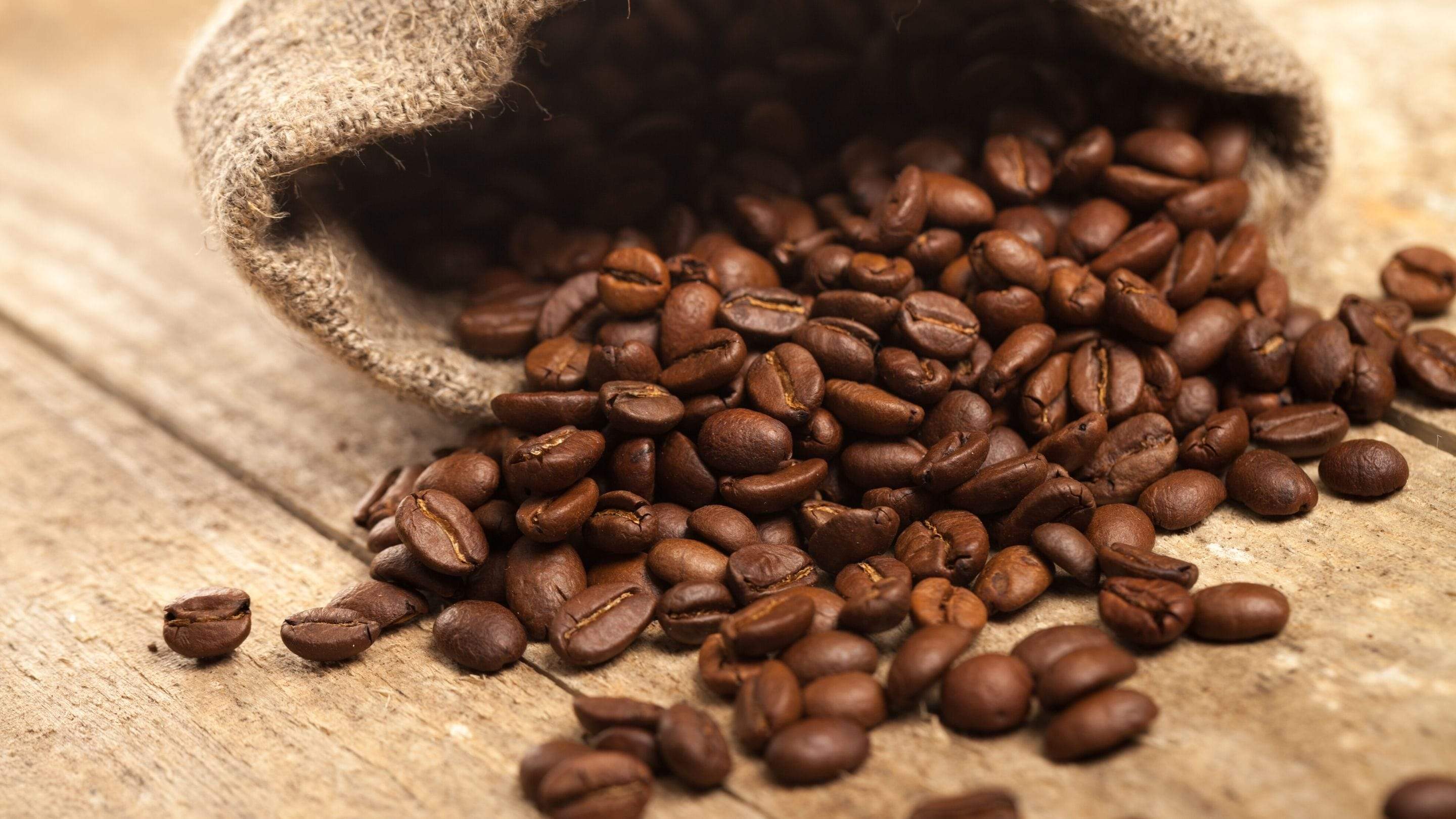
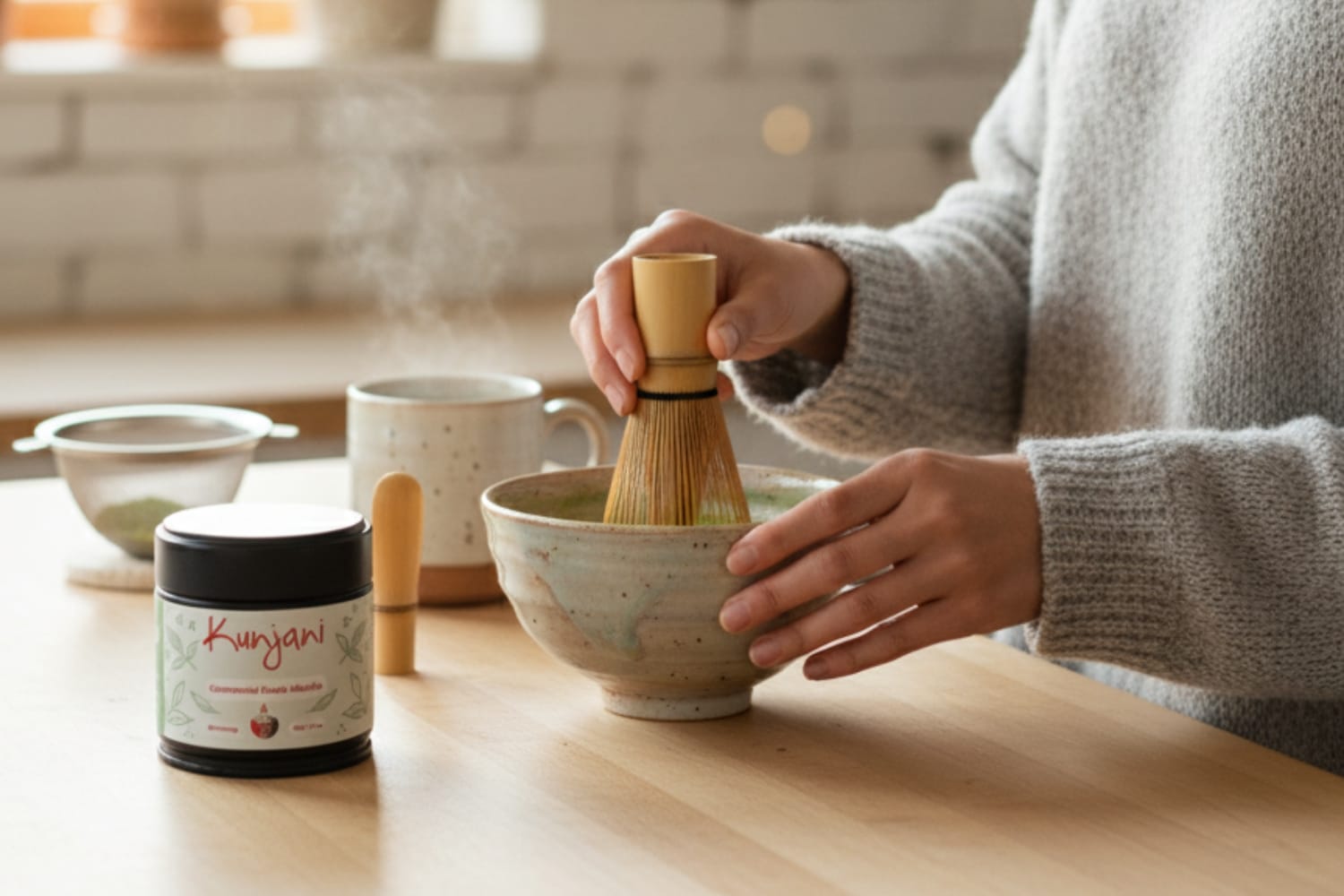

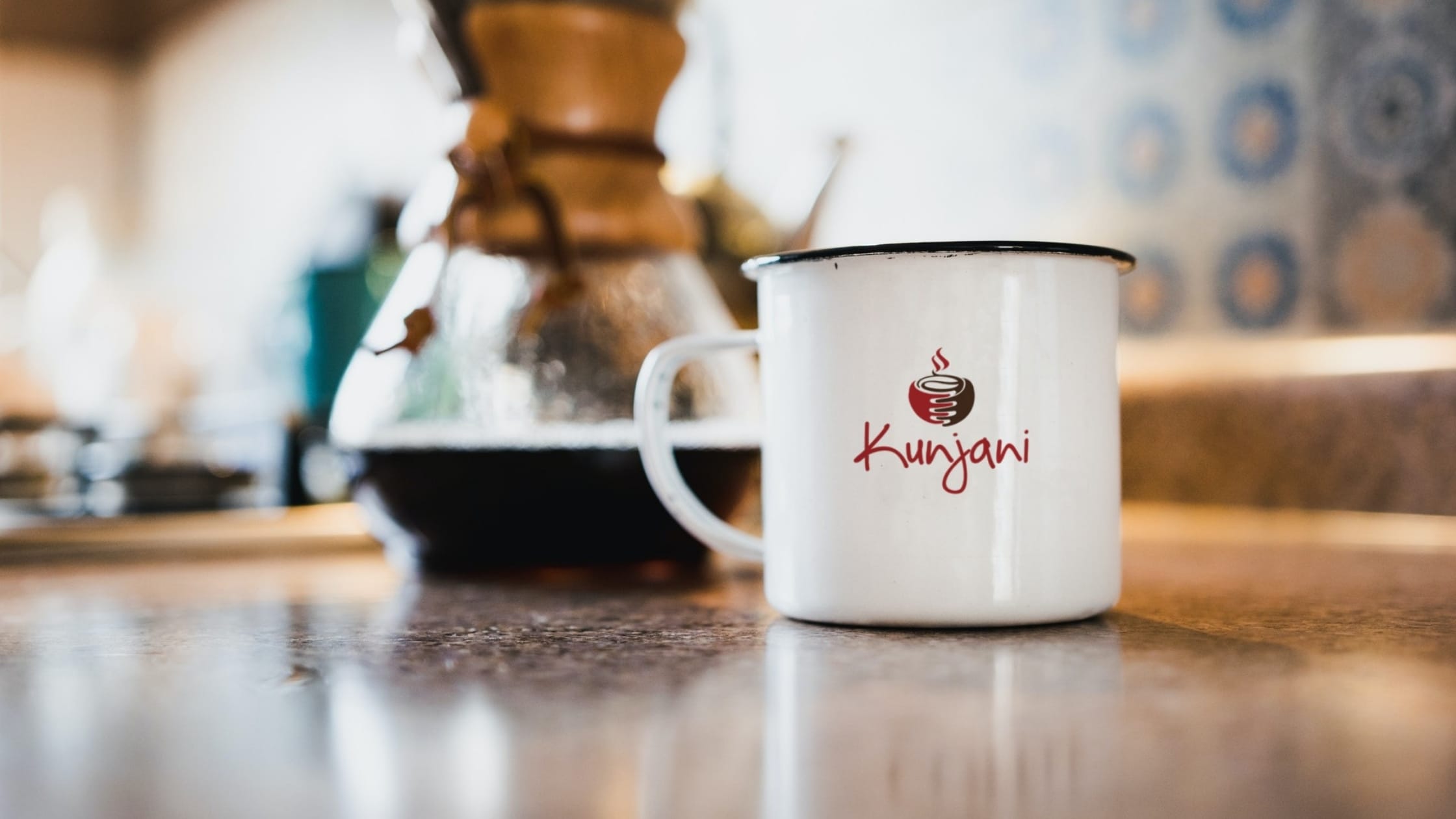
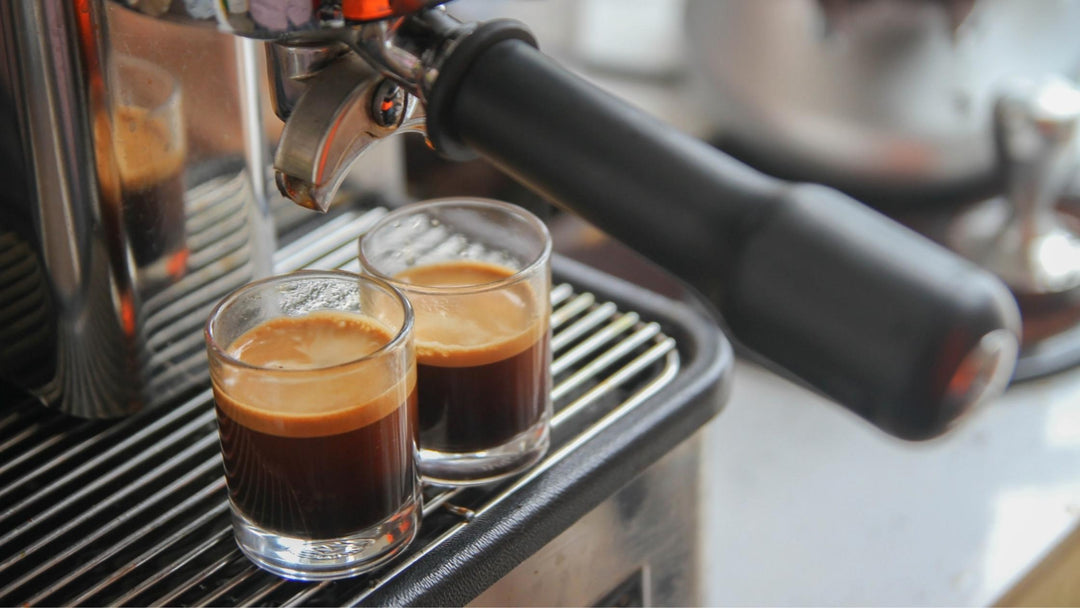
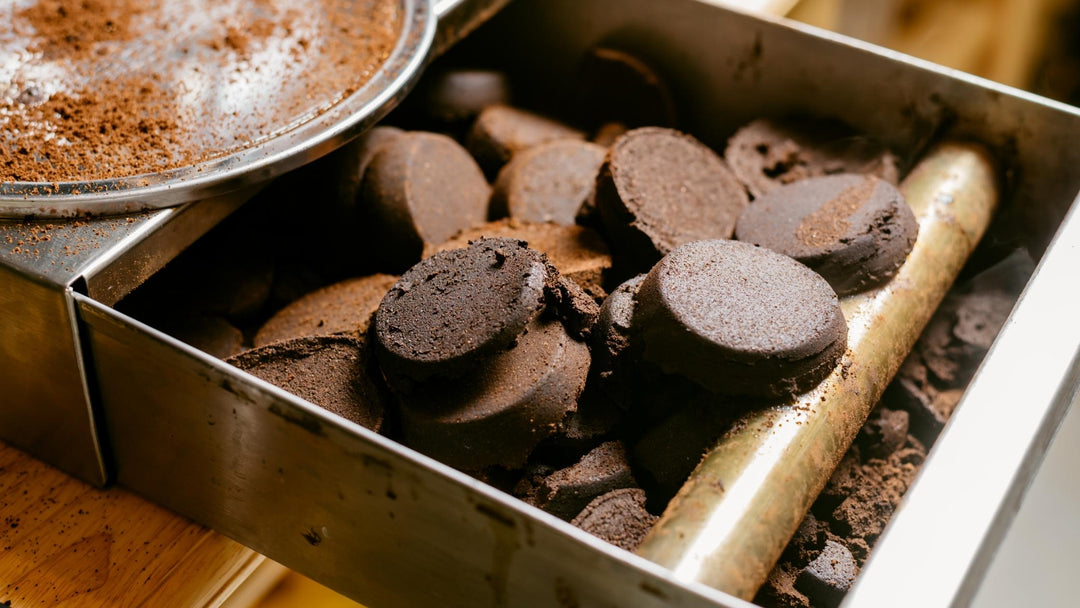
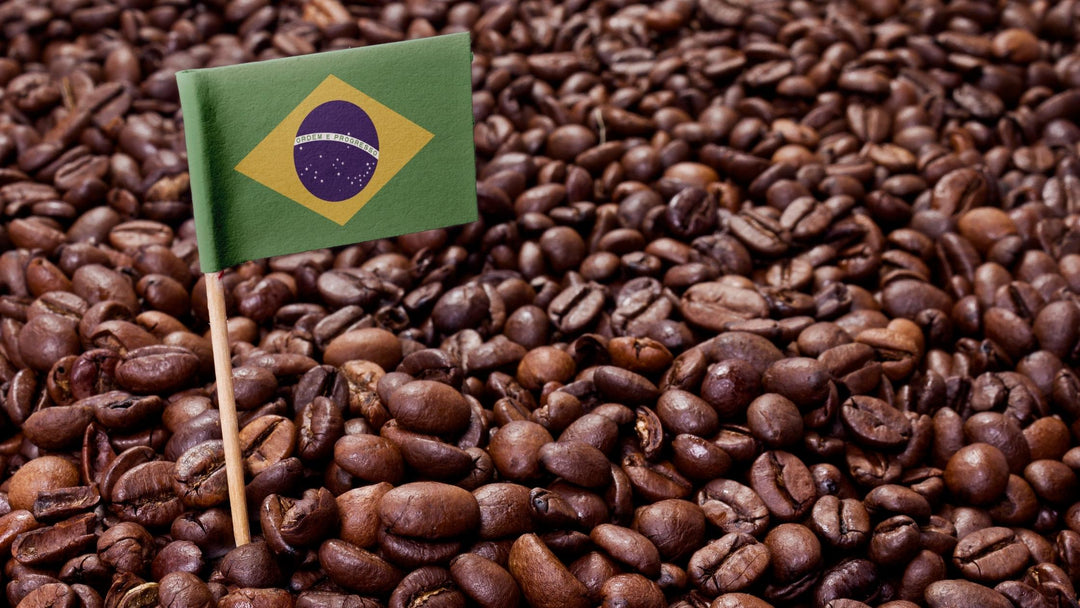

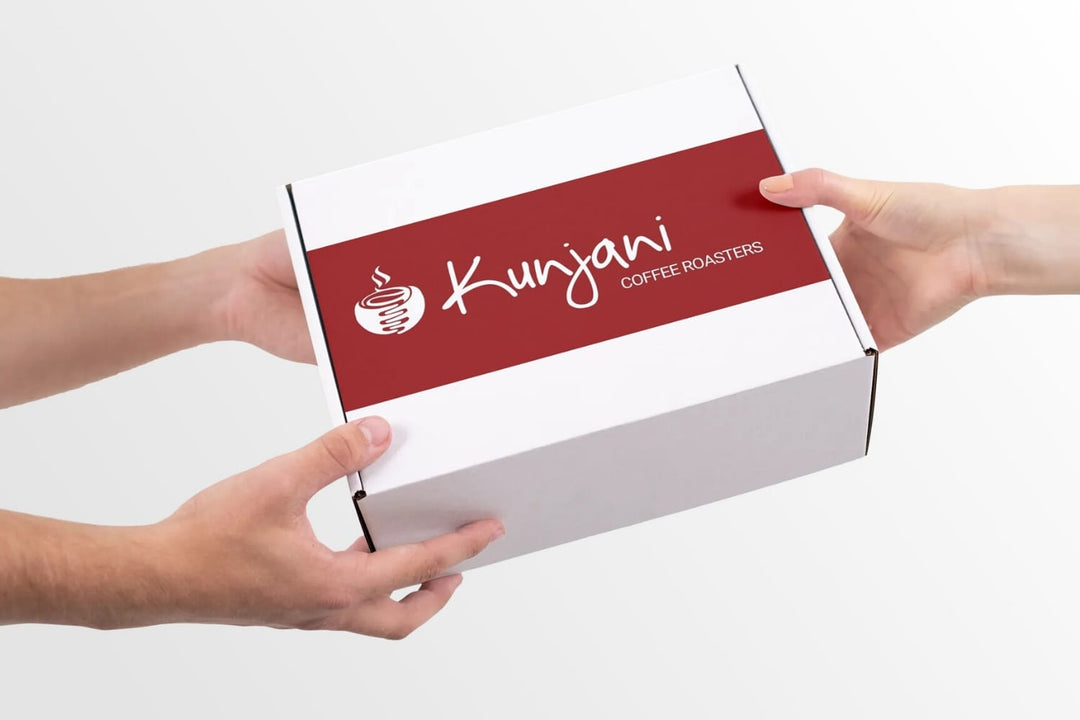
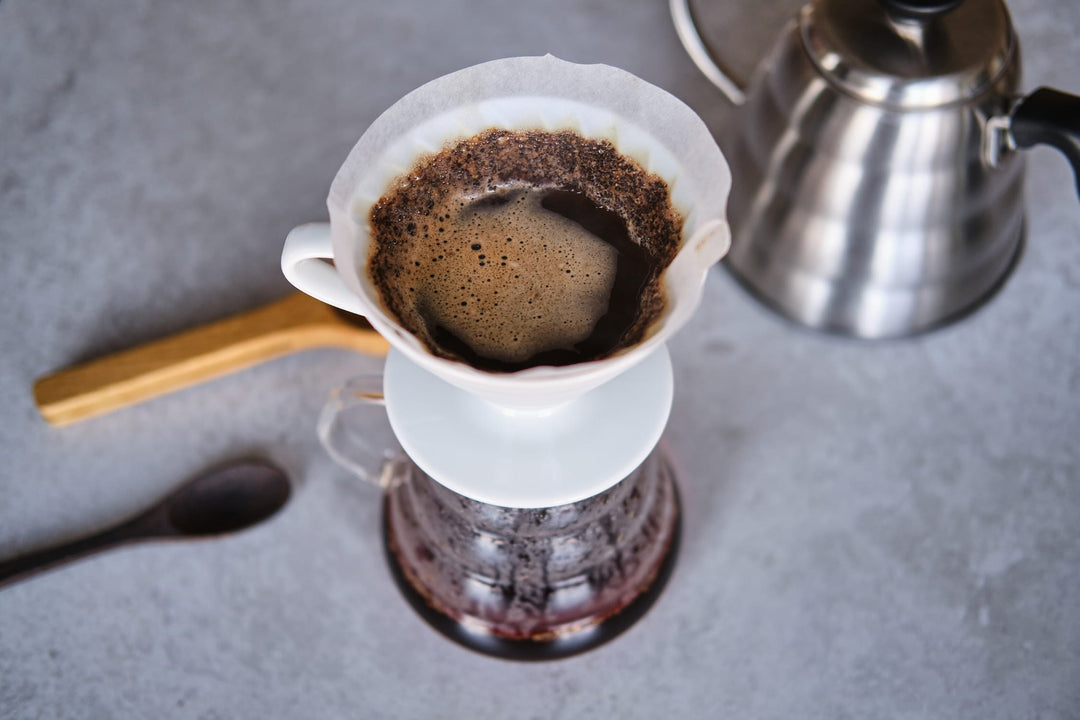
Leave a comment